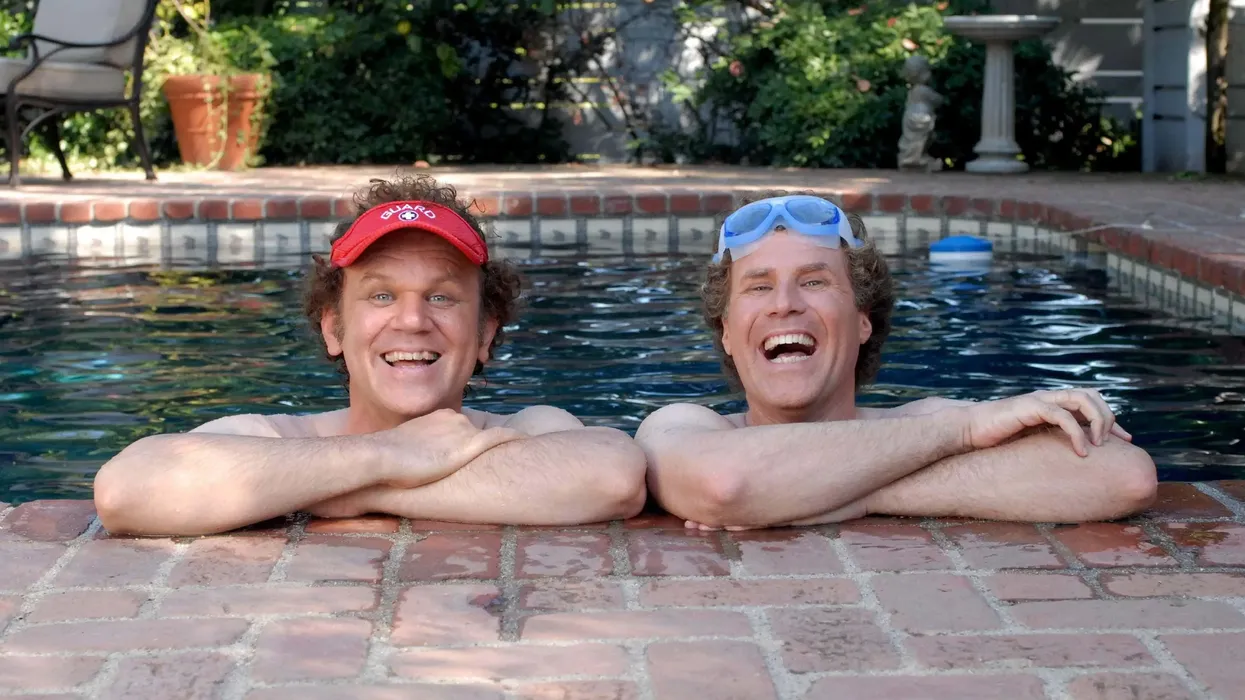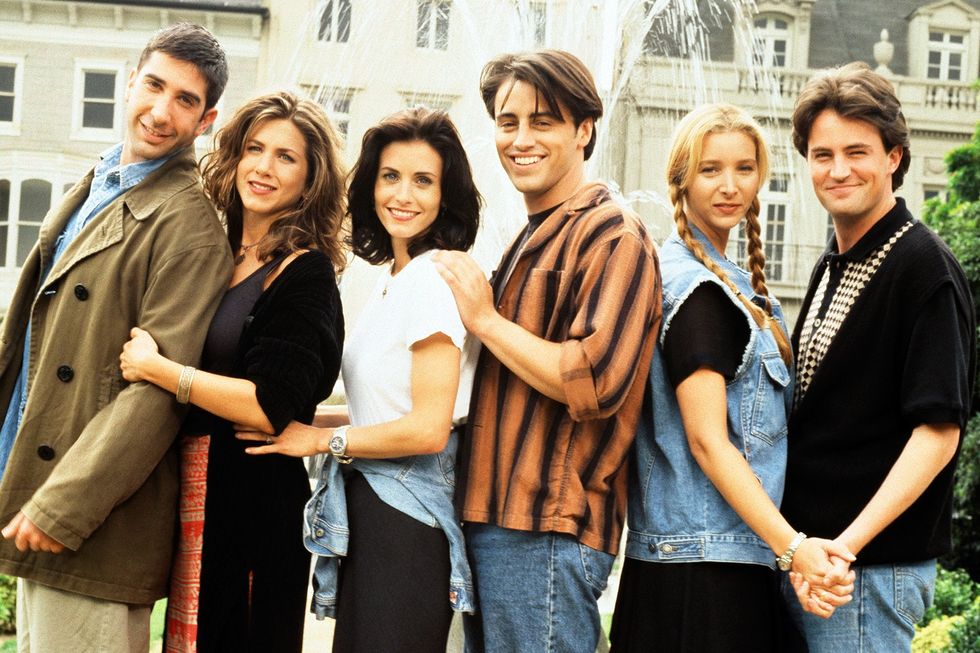How Many Jokes a Page Should a Comedy Screenplay Have?
Get ready to bring your calculator out.

Step Brothers
Writing a comedy should be one of the most fun creative endeavors you go on. Comedies have characters that make people laugh and sequences that are hysterical to dream up and put on the page.
But far too often, when I talk to newer screenwriters, they want to analyze the mathematics that goes into writing. And a common question I've gotten over the years is, "How many jokes per page do I need in my comedy screenplay?"
Well, today, I want to go over the answer to the question and talk a little about writing comedy as well.
Let's get started.
My Writing Philosophy
 'The 40-Year-Old Virgin'CREDIT: Universal Pictures
'The 40-Year-Old Virgin'CREDIT: Universal PicturesI've written many comedies in the past. Most recently, I was in the room for The Holiday Shift on Roku. And I've had two comedies, Himbo and Shovel Buddies, on The Black List.
At no point in my 10+ year career have I sat down to count the jokes on the page. For me, it's all about flow and how funny I think each moment is as the story unfolds.
But I do have three strategies when it comes to rewriting my script to make it funnier.
The first thing I do is make sure the dialogue is funny. That's where most new writers start, but I think they forget the other to do the other two.
One the words make sense, then I go through and try to put the characters in funny situations.
What's the goal of the scene? Can you make them have to do something funny to get through it?
Lastly, I think about the location. Is it a store with a funny name? Could something be happening in the background of the location? Is there someone else in the place who's not a main character but is doing something funny?
One you've done all three of those in a scene, I usually find there's enough laughs.
So, How Many Jokes Per Page?
 'Friends'NBC
'Friends'NBCI know I'm not the only writer out there, so I talked to some of my sitcom friends, who told me they always aim to get three jokes a page. And when I talked to other comedy feature people, they said they shoot for the same.
Still, the number of jokes per page in a comedy screenplay isn't set by a strict rule. However, it's important to consider a few key factors:
- Quality Over Quantity: It's crucial to focus on the quality of the jokes rather than simply packing in as many as possible. A few well-placed, genuinely funny jokes can be more effective than a barrage of mediocre ones.
- Genre Expectations: Different sub-genres of comedy will have varying expectations. A slapstick comedy might have more visual gags and quick jokes, while a romantic comedy might focus more on witty dialogue and situational humor.
- Pacing and Rhythm: Comedy relies heavily on timing. The jokes should be spaced out in a way that maintains a good rhythm and keeps the audience engaged without overwhelming them.
- Story and Character Development: Jokes should serve the story and the characters, not just be inserted for the sake of having a laugh. They should feel natural and be integrated seamlessly into the dialogue and action.
- Audience and Purpose: Consider who the intended audience is and what the primary purpose of the screenplay is. A comedy aimed at a younger audience might have a different joke density compared to one targeted at adults.
In general, a good practice is to focus on creating strong, character-driven humor that emerges naturally from the situations and dialogues, rather than aiming for a specific number of jokes per page.
Remember, the ultimate goal is to tell an engaging story that resonates with the audience, with humor enhancing the narrative.
Now, go get back to writing.
- AFTERSUN Written by Charlotte Wells ›
- Wait...is 'Airplane!' Just 'Zero Hour!' but with Jokes? ›
- Learn How This Editor Helped Craft the Action and Comedy of 'The Fall Guy' | No Film School ›
- Calculating Minutes Per Page of a Script? Here Are Some Helpful Tips | No Film School ›
- Celebrate Your Silly Comedy Shorts With Show&Tell's 10th Anniversary | No Film School ›
- Learn How to Write a Sitcom That Sells | No Film School ›
- 'Nobody Wants This' Editor Maura Corey Explains Cutting For Comedic Timing | No Film School ›











